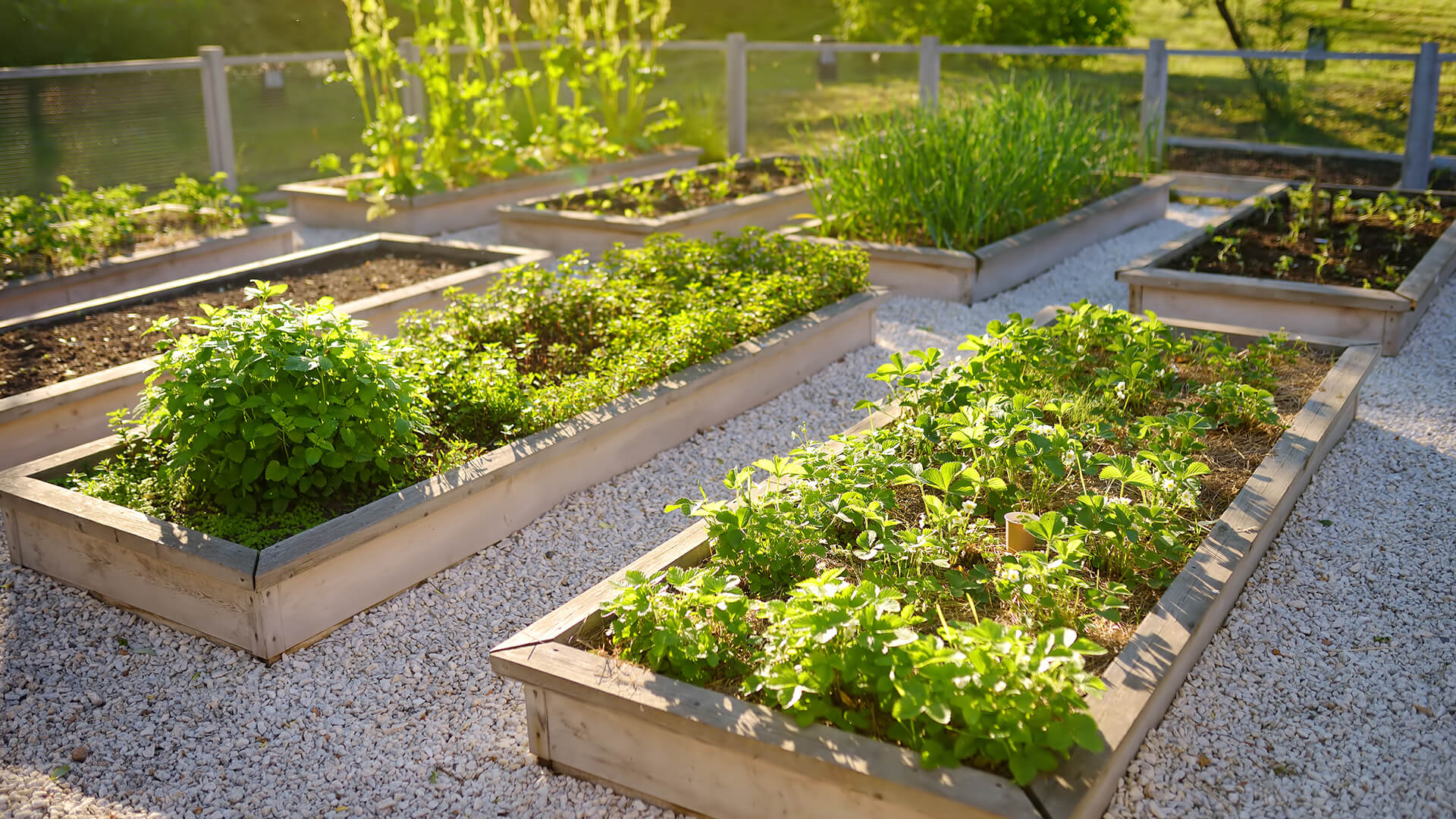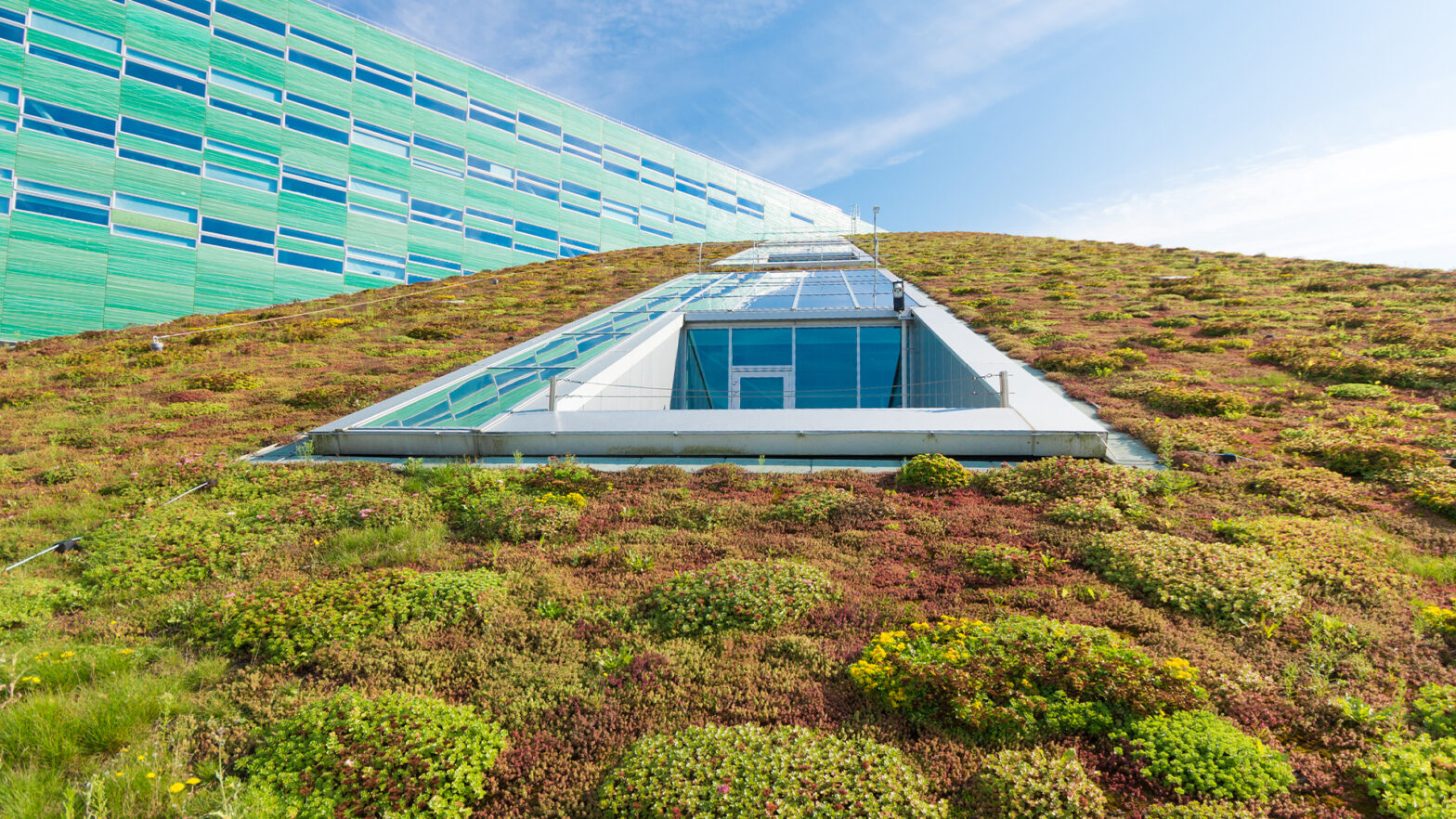Sustainability in your garden is one way that we can do our bit to sustain the environment. In fact, gardening is a keyway of living life more sustainably all-round, as you can grow your food and reduce the miles it travels to your table. You can also contribute to the vegetation that is a powerful solution to the amount of carbon released. With a few simple tops, you can make a significant contribution to the planet.
Choose organic
Harmful chemicals such as pesticides, herbicides and synthetic fertilisers can pose a significant risk to the environment. Not only is it damaging to human health, but with run-off can impact the welfare of the local ecosystem.
Choosing to grow organically is more than just avoiding these harmful products. It is about taking a holistic approach, looking at the bigger picture of weed and pest management. You must make decisions based on the entirety of the ecosystem and not just the single problem you are trying to address. Understanding how to do this takes some research and a lot of trial and error, but the benefits for your landscape will be immense.
Learn to grow your own for most of the year
Growing your own food is one of the best things you can do for the environment. It not only makes great use of your land, but also reduces the need for transportation and the harmful growing practices of mass producers.
While using the summer months to feed you and your family makes some impact, better still would be the investment in a polytunnel so you grow throughout the year. It extends the growing season and means you will be ever-more self-sustaining and living the good life.
Remember this can be more than just fruit and veg. Setting up an herb garden will offer you all the taste you need to make your diet interesting. Buying herbs from a supermarket that has been picked will forever seem pointless when you can cut a sprig of rosemary from your garden and it automatically grows back.

It is not just about food
There is more you can grow in your garden than food. Some of the herbs we grow are excellent remedies and can be made into natural cleaning and beauty products. Lavender is one herb that can be used as a floral freshener for your home, and it has been known to aid restful sleep. Most heavily scented herbs mixed into vinegar will provide an outstanding cleaning product that leaves your home smelling lovely.
It is also possible to use woody material in your garden as fuel or for crafting projects. You should try to match your research into growing organically with the acquisition of age-old skills that make the most of resources.
Composting is essential
As we live our life, we naturally create waste products. However, a lot of our organic waste can be used to create compost if used in the right way. Part of sustainable gardening is aiming for a zero waste lifestyle, which means everything is reused or recycled. Biodegradable materials will break down and become excellent food for plants and is a natural part of the cycle of life that the environment practices every day without our help.
Making your compost at home is more than just reusing your waste effectively. You are also reducing your reliance on peat-based composts that come from garden centres. These composts are not great for the ecosystem and they have gone through processing with a carbon output attached.
Building a composter out of an old pallet could not be easier. It is also possible to purchase worms that help to break down the waste and create the food for your future plants.
Harvest rainwater
Tap water is not the best for your garden, as it contains chemicals that keep us safe but are not great for plants. Therefore, for the sake of a healthy and luscious garden, you should add a water butt to your drainpipe. You might also want to collect the water that runs from your shed and your garage, and any other structures such as polytunnels. You can use old drainpipes to redirect this water into a butt.
The aim is to make the most of natural rainfall and conserve water. The more we can reduce our reliance on processed water, the more we can help the planet sustain itself too. If you struggle with low rainfall, consider putting mulch around the plants, which will conserve the moisture and keep the garden hydrated for longer. Alternatively, you can choose irrigation methods that are designed to use water sparingly and directs water to the plants’ roots where it is needed.

Make choices for the local wildlife
Biodiversity is the best way to manage an ecosystem. Nature is a clever combination of animals and plants that when left in balance works perfectly. Therefore, as well as choosing crops that you can eat, plant for wildlife too. You should consider what it would take to attract pollinators to your garden, for instance. Also, hedgehogs and other small mammals will keep the insect population under control. There should be no reason for you to intervene, if you can only but get nature working for you.
Then live a zero carbon life
Of course, whatever you do in your garden needs to be complemented by the lifestyle you choose. The choices you make will all have a carbon footprint and the higher this footprint the more you would have to do in your garden to counteract your negative effects. Therefore, you need to reduce your waste both in terms of rubbish to landfill but also in the way you use utilities. One single choice will make some difference, a lot of small choices could add up to a big difference.































